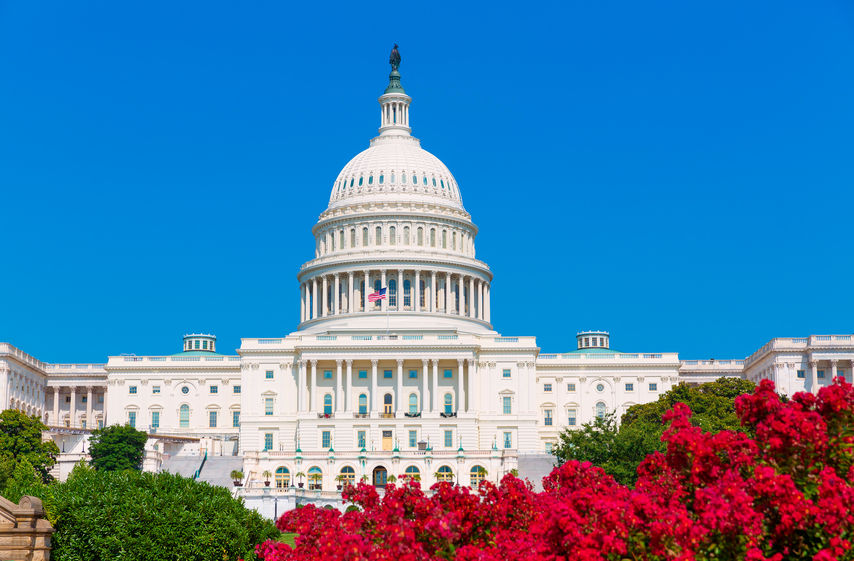On August 1, 2021, ahead of recess, the U.S. Senate passed a $1.2 trillion bipartisan infrastructure bill known as the Infrastructure Investment and Jobs Act. This “traditional” infrastructure bill incorporates more than $11 billion dedicated to infrastructure needs in Indian Country, including:
- $3.5 billion for the Indian Health Service Sanitation Facilities Construction Program, which provides funding for tribal water and sewer systems.
- $3 billion for the Department of Transportation Tribal Transportation Program.
- $2.5 billion to help fund Indian water rights settlements passed by Congress.
- $2 billion for the National Telecommunications and Information Administration Tribal Broadband Connectivity Program to expand broadband access in Indian Country.
The act also includes nine supplemental appropriations bills to provide funding for the U.S. Department of the Interior, Indian Health Service, Housing and Urban Development, Department of Agriculture, Environmental Protection Agency, and other federal agencies.
The Senate also passed a $3.5 trillion Budget Reconciliation Resolution focused on climate initiatives, paid leave, childcare, education, and health care. This is being described as a “human” infrastructure bill. The House returned from August recess early and passed this Budget Reconcilliation Resolution on August 24, 2021.
With the passage of a new budget framework, House and Senate Committees will get to work in September approving bills to spend the additional $3.5 trillion. The Committees are expected to complete their work by mid-September. Through the Budget Reconciliation process, these bills can pass the Senate with a simple majority of 51 votes, as opposed to the 60 votes normally required to pass a bill in the Senate.
Meanwhile, Speaker Nancy Pelosi is delaying House consideration of the traditional infrastructure bill passed by the Senate until late September. She is working to balance the concerns of liberal and conservative Democrats in the House. By moving Budget Reconciliation bills that are focused on climate change and human infrastructure, she is hoping to satisfy the more liberal Democrats and secure the votes she needs to pass the traditional infrastructure bill in later in September or October.
Patterson Earnhart Real Bird & Wilson LLP is working to advance a number of provisions in support of tribal infrastructure and also tracking efforts to pass an infrastructure bill. To learn more about this issue and how we can assist, contact attorney Rollie Wilson at our D.C. office at (202) 340-8232.

